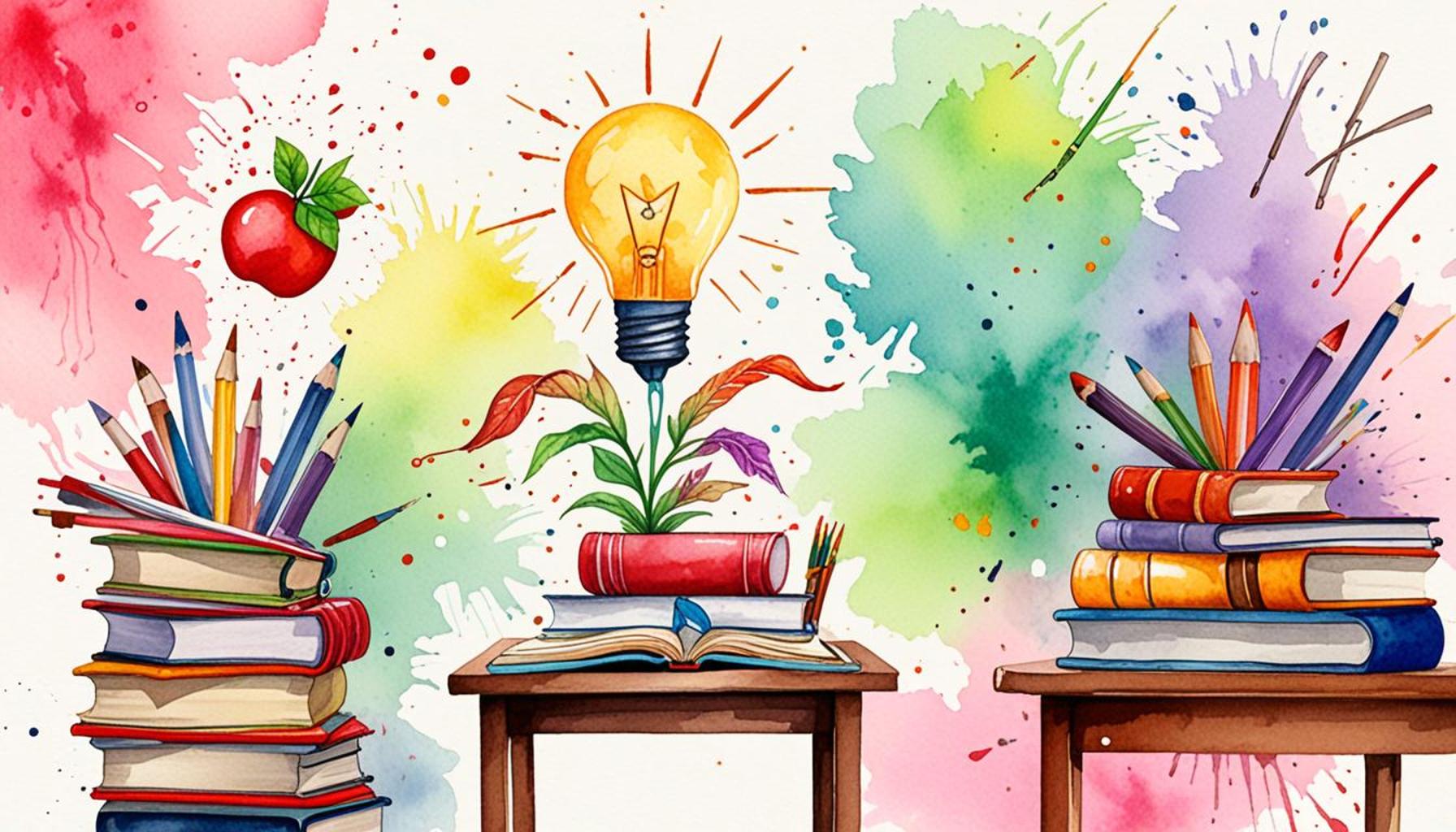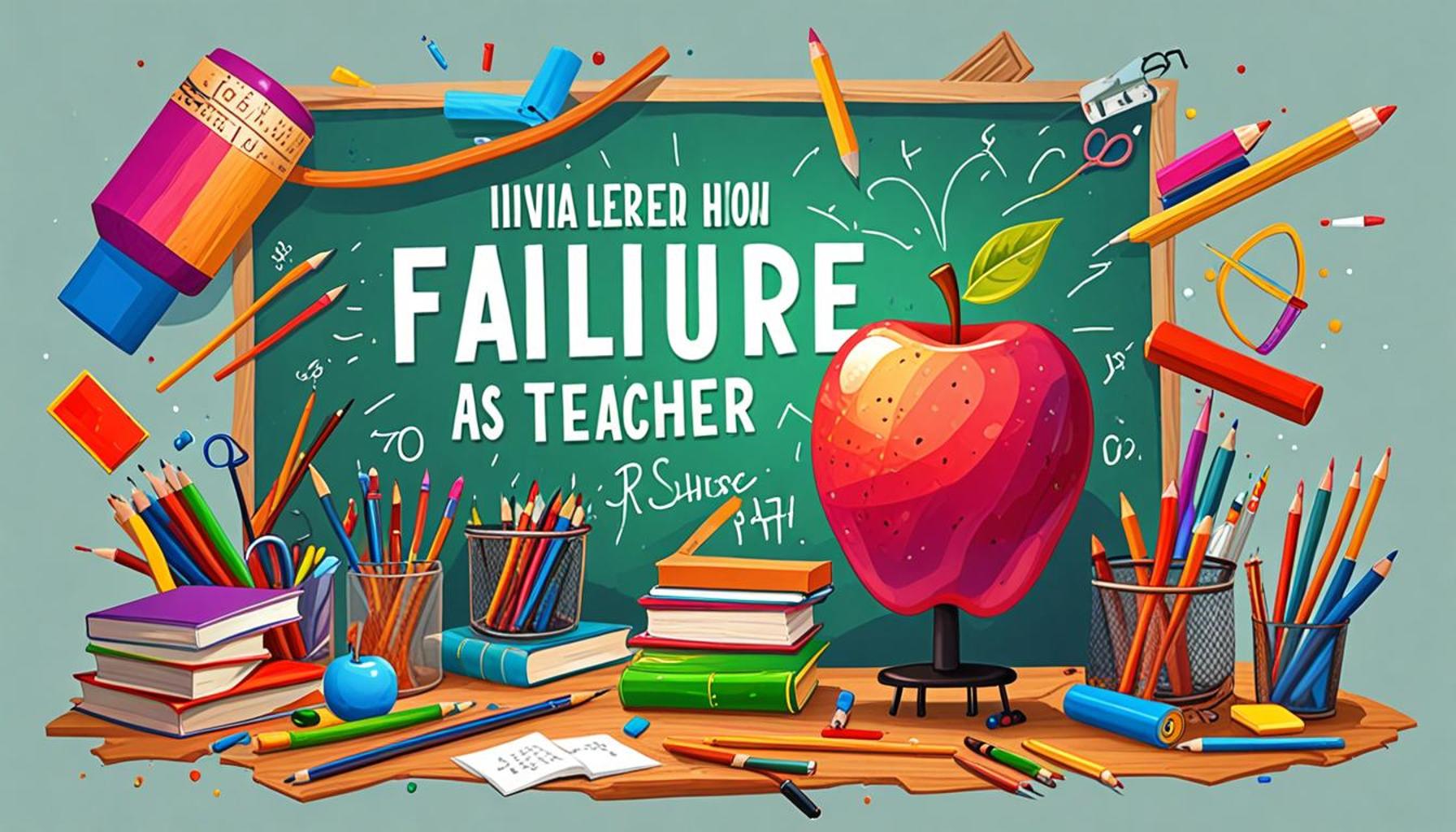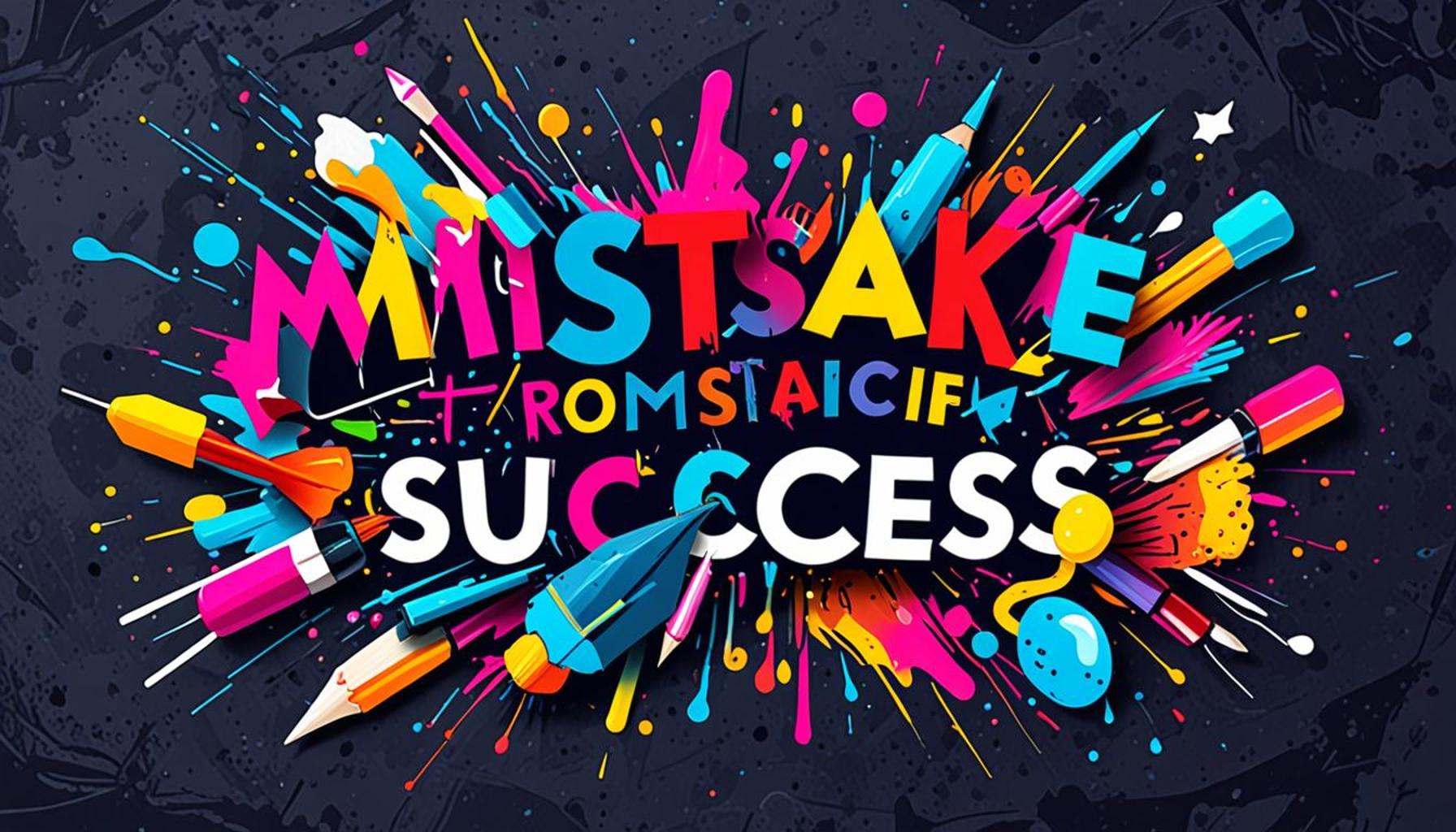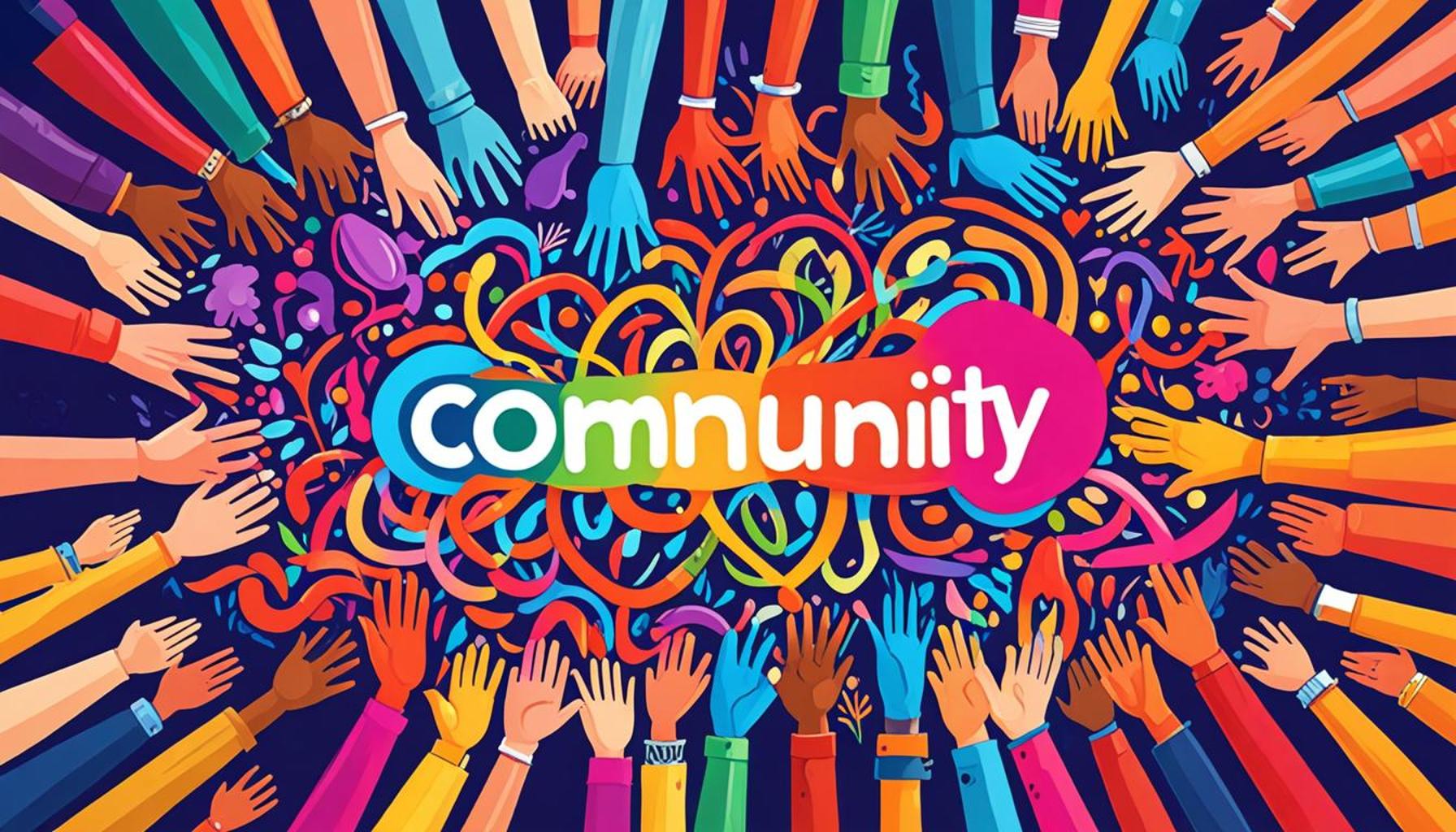Failure in Education: How Academic Mistakes Can Foster a Positive Learning Environment

Understanding Academic Failure as a Positive Catalyst
Academic failure is often viewed negatively, synonymous with disappointment and setback. However, when approached with the right mindset, academic mistakes can serve as powerful learning tools. This perspective is especially vital in Nigeria, where educational systems face unique challenges and pressures.
Consider the following points:
- Mistakes foster resilience: When students encounter setbacks, such as failing an examination or a project, it can initially feel overwhelming. However, these experiences can teach valuable lessons about perseverance and grit. For example, a student who fails an important mathematics exam might choose to seek additional help rather than give up, developing the resilience needed to face future challenges.
- Encourages critical thinking: Analyzing errors can promote deeper understanding and encourage students to ask questions. For instance, if a student loses marks on an essay, reflecting on the feedback can lead them to a better grasp of analytical writing. This critical thinking is a valuable skill not only in academics but also in everyday decision-making, where questioning assumptions and seeking the underlying reasons is crucial.
- Creates an inclusive environment: When failure is normalized, students feel more comfortable sharing their struggles. In a classroom where teachers and peers openly discuss failures, students are likely to support each other through their difficulties. This camaraderie can be seen in study groups formed after a tough examination, where students help one another improve and learn from past mistakes.
In Nigeria, where competition is fierce and success is often prized, acknowledging that failure can lead to growth can reshape educational experiences. Many students are pressured to meet high academic standards, which can lead to stress and anxiety. However, those who recognize failures as learning opportunities often emerge with invaluable life lessons, such as humility, adaptability, and collaboration.
By creating a culture that embraces failure in education, educators can enhance learning outcomes and prepare students for real-world challenges where mistakes are inevitable. For instance, schools that implement project-based learning allow students to fail and iterate on their projects, demonstrating that success often comes through trial and error. As these students navigate their academic journeys, they acquire skills that will serve them well in their future careers, especially in Nigeria’s rapidly evolving job market.
Exploring how these seemingly negative experiences can lead to positive changes is vital for future educational reforms. The drive to reshape how academic failure is perceived can lead to a more innovative and resilient generation of learners. Thus, embracing failures in educational settings not only prepares students for exams but also for the complexities of life beyond the classroom.
YOU MAY ALSO LIKE: Read read another article
The Transformative Power of Mistakes in Education
Embracing academic failure as a fundamental component of the learning process can be transformative. In Nigeria, where educational attainment is often synonymous with social status and future prospects, it becomes essential to recalibrate our understanding of mistakes. Rather than seeing failure as an endpoint, it can be recognized as a stepping stone towards achieving mastery and personal growth. This shift in perspective can significantly enhance the educational experiences for students across all levels.
One of the most compelling reasons to embrace failure in educational contexts is its role in developing critical skills. When students are encouraged to analyze their mistakes, they not only cultivate a deeper understanding of the subject matter but also enhance their problem-solving capabilities. The process of inquiry that arises from reflecting on errors leads to a more engaged learning experience. For instance, students struggling with complex subjects such as physics may initially falter in grasping challenging concepts. However, by dissecting their errors with the guidance of educators, they can unravel misconceptions and build a stronger foundation of knowledge. In this way, failure becomes a pathway to enlightenment rather than a roadblock.
Identifying Benefits of Academic Failure
As we delve deeper into the potential benefits of academic failure, several key themes emerge:
- Encourages a Growth Mindset: A significant portion of educational reform focuses on encouraging a growth mindset. Recognizing that abilities can be developed through dedication and hard work paves the way for a healthier relationship with failure. This mindset empowers students in Nigeria to view challenges not as insurmountable obstacles but as opportunities for improvement and success.
- Increases Collaboration and Peer Support: In an environment where failure is acknowledged, students are more likely to seek help from peers and educators. This collaborative spirit can lead to more robust learning communities, where students share insights, resources, and strategies for overcoming common challenges. For instance, in a Nigerian classroom, a student who has struggled with understanding a topic may confidently reach out to classmates, fostering teamwork and trust.
- Reduces the Stigma of Failure: Addressing the stigma associated with academic mistakes is crucial. In many Nigerian cultures, failing an exam can evoke feelings of shame. However, by normalizing failure and emphasizing its educational value, institutions can foster environments where students feel safe to take risks in their learning.
- Encourages Lifelong Learning: Students who learn to embrace their mistakes are more likely to carry these lessons into adulthood. Emphasizing that failure is a part of the learning curve prepares students for real-world scenarios where the ability to adapt, learn from setbacks, and move forward is critical.
By implementing strategies that highlight the benefits of failure, educators in Nigeria can pave the way for more resilient and adaptive learners. As students navigate their educational journeys, instilling the understanding that mistakes are natural and valuable experiences can fundamentally reshape their approaches to learning and life beyond the classroom. The cultural shift towards acknowledging failure allows students to not only thrive academically but also to develop essential life skills that will empower them in their future endeavors.
Exploring the Benefits of Embracing Failure in Education
In a traditional educational setting, failure is often seen as a setback or a sign of inadequacy. However, emphasizing the positive aspects of academic mistakes can transform these challenges into pivotal learning experiences. By fostering environments that allow for exploration and risk-taking, educators can help students develop resilience and critical thinking skills.
Encouraging Innovation through Mistakes
When students feel safe to make mistakes, they are more likely to innovate and experiment with new ideas. This environment not only encourages creativity but also helps young minds learn to navigate complex problems. Mistakes provide valuable feedback that can guide students toward more effective learning strategies, thus integrating failure as a fundamental component of the educational process.
Building Emotional Intelligence
Academic failures can serve as a powerful reminder that learning is a journey filled with ups and downs. By addressing mistakes openly, educators can teach students to manage their emotions related to failure, fostering emotional intelligence. This approach empowers them to cope better with setbacks, both in academic and personal contexts, ultimately contributing to a healthier mindset.
Long-term Success and Growth Mindset
Adopting a growth mindset—believing that abilities and intelligence can be developed through effort and perseverance—is critical in reducing the fear of failure. Research has shown that students who embrace failure are more likely to demonstrate long-term academic success. They cultivate a love for learning that extends beyond the classroom, leading to holistic personal growth.
| Advantage | Details |
|---|---|
| Enhanced Learning Opportunities | Mistakes become stepping stones that cultivate deeper understanding and knowledge retention. |
| Development of Resilience | Students learn to rebound from setbacks, nurturing a tenacity that supports lifelong learning. |
In essence, framing failure in education as a tool for growth rather than an obstacle can fundamentally change the educational landscape. With this paradigm shift, students are likely to become more engaged, proactive learners who view challenges as opportunities for improvement.
YOU MAY ALSO LIKE: Read read another article
Building Resilience Through Academic Setbacks
Another critical aspect of embracing failure in education lies in its potential to build resilience among students. In a society like Nigeria, where economic and social pressures are prevalent, fostering resilience is not just beneficial; it is essential. Research shows that students who encounter and navigate failure develop coping mechanisms that are vital for overcoming future challenges. This aligns with psychological theories that emphasize resilience as a response to setbacks, thereby equipping learners with the mental fortitude to face adversities.
For instance, consider the perspective of a student who faces multiple rejections in their academic journey, perhaps through failing an important examination. Instead of falling into despair, the student has an opportunity to learn from these experiences. With guidance from educators, they can analyze their errors, understand their weaknesses, and formulate actionable strategies for improvement. This cycle of assessment and adjustment not only leads to academic enhancement but also cultivates a strong sense of self-efficacy. The ability to bounce back from failures empowers students to tackle future obstacles with confidence, contributing to a more robust educational experience.
The Role of Educators in Promoting a Healthy Attitude Towards Failure
Educators play an invaluable role in shaping how students perceive and respond to failure. By fostering an environment that encourages open discussion about mistakes, teachers can dismantle the prevailing myths around academic perfectionism. Workshops and training sessions that focus on the significance of mistakes can be integrated into teacher education programs in Nigeria. In these settings, teachers can learn to illustrate the concept of failure not as a sign of inadequacy but as a necessary step towards achievement.
Furthermore, implementing practical classroom activities that celebrate growth through failure can reinforce this positive attitude. For example, using interactive learning methodologies, such as group projects or peer reviews, allows students to practice constructive criticism and revision. As they witness their peers learning from mistakes in real-time, they begin to appreciate the idea that failure is a collective experience—a journey they all share. This not only promotes empathy but also builds a friendly learning atmosphere where students are more willing to take academic risks.
Incorporating Failure into Assessment Strategies
To further cement the understanding of failure as an educational tool, assessment strategies can be revised to incorporate the learning process rather than solely focusing on end results. Formative assessments that encourage trial and error can motivate students to engage deeply with the material. For instance, using ongoing quizzes or interactive learning modules that allow for re-attempts can shift the focus from performance anxiety to progressive mastery. Such approaches empower students to see that grades are not the ultimate measure of their ability, but rather a reflection of their learning journey.
Instituting feedback loops where students receive constructive feedback for each attempt can reinforce this philosophy. With regular opportunities to improve, learners in Nigeria can cultivate a deeper understanding of their subjects, innovating a culture of continuous improvement that transcends academic boundaries.
By leveraging failure as a powerful educational tool, Nigeria can nurture a generation of resilient, adaptive learners who are prepared to face the complexities of the modern world. Through strategic changes in teaching philosophy, embracing mistakes, and reshaping assessments, the educational landscape can transform, allowing both students and educators to thrive in a positive and forgiving environment.
LEARN MORE: This related article may interest you
Conclusion
In summary, embracing failure in education is more than just acknowledging mistakes; it is an essential principle that can profoundly shape the educational experience for students in Nigeria and beyond. By understanding that academic setbacks are valuable opportunities for learning, we can cultivate an environment where resilience, innovation, and adaptability flourish. Failure should be reframed as a stepping stone rather than a stumbling block, allowing students to process their errors actively, learn from them, and engage with the learning material on a deeper level.
As we have explored, educators play a pivotal role in this transformative journey. By fostering open dialogues about failure and integrating supportive assessment strategies, teachers can help dismantle the stigma surrounding mistakes. This shift enables students to collaborate, empathize, and grow together, ultimately creating a classroom atmosphere that celebrates progress through perseverance.
Additionally, re-evaluating assessment methods to emphasize the learning process offers students a structured approach to overcoming obstacles. By implementing feedback loops and formative assessments, educational institutions can equip learners with the tools necessary for continuous improvement, cultivating a culture that not only values achievement but also resilience in the face of challenges.
In a rapidly evolving world, the ability to learn from failure is a critical skill that can shape capable and confident individuals. As Nigeria advances towards a more holistic educational framework, it is imperative to recognize that mistakes are not the end of the road, but rather the beginning of an enriching journey towards personal and academic growth. By embracing failure, we open the door to a brighter future for all learners.


